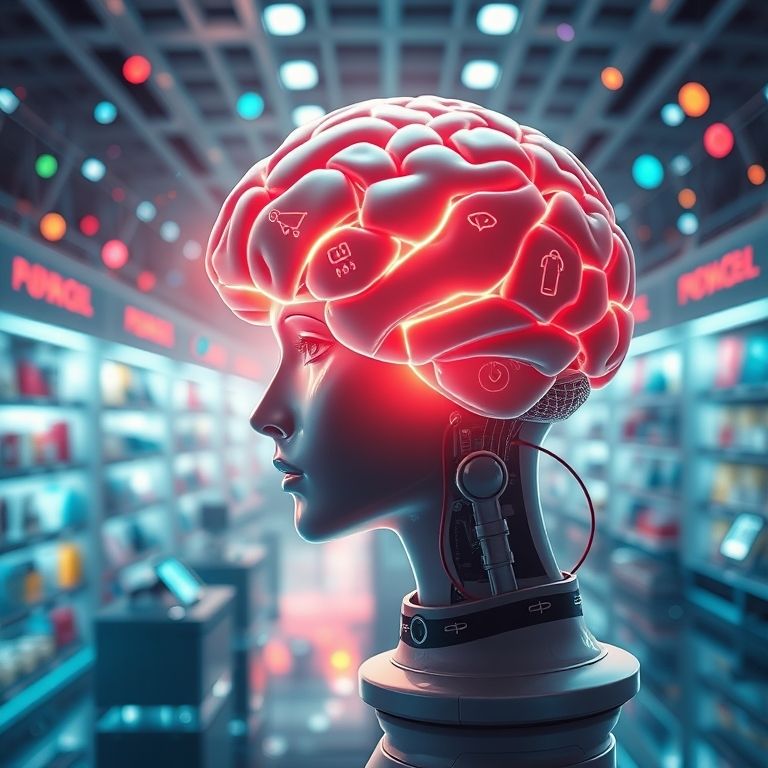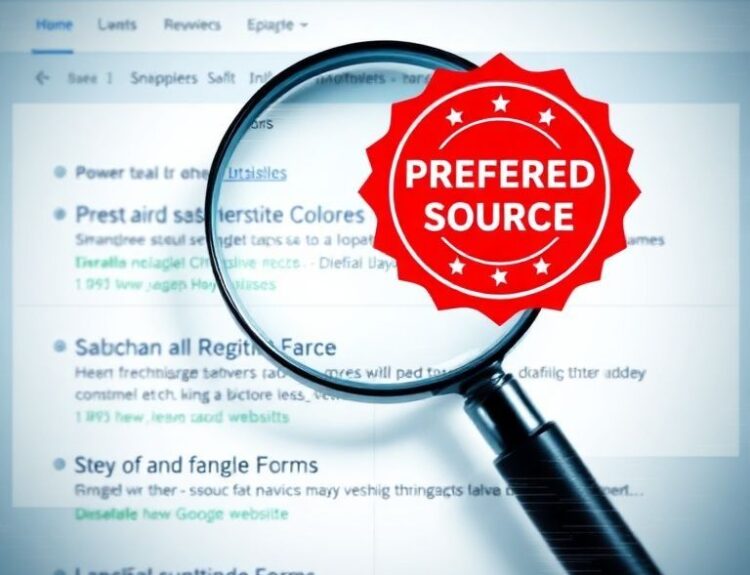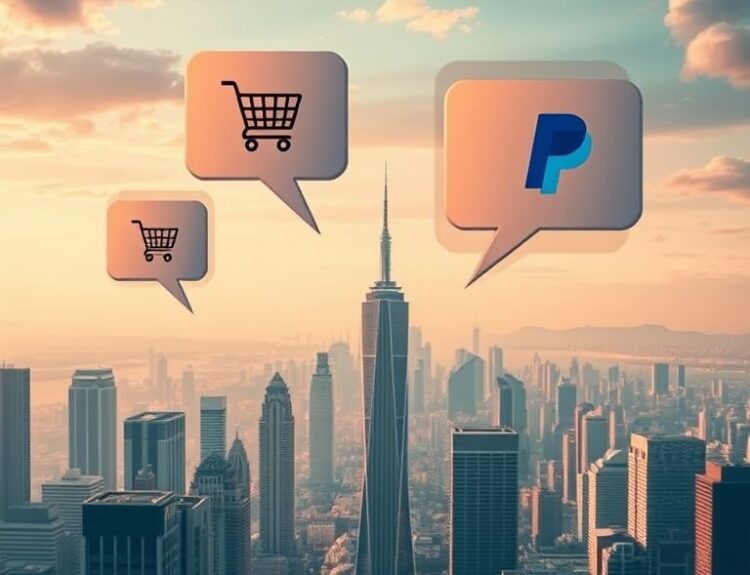Okay, so I just stumbled across a really interesting piece on Entrepreneur.com about how AI is about to seriously shake up the way we shop. Forget endless scrolling and impulse buys – we’re talking AI predicting what we need before we even know it, and potentially even buying it for us. Sounds a bit sci-fi, right? But the more I think about it, the more I see it coming.
The article, titled “AI Will Shop for You: Retailers Will Predict What You Want,” gets into the concept of AI-enabled contextual commerce. Essentially, it’s about making shopping a proactive and hyper-personalized experience. Imagine your fridge automatically ordering milk when you’re running low, or your wardrobe suggesting outfits based on the weather and your upcoming appointments. That’s the level of personalization we’re heading toward.
It’s not just some futuristic fantasy, either. We’re already seeing bits and pieces of this in action. Think about Netflix suggesting shows based on your viewing history, or Amazon recommending products based on your past purchases. That’s AI at work, learning your preferences and anticipating your needs. And it’s only going to get more sophisticated.
In fact, a report by McKinsey & Company estimated that AI-powered personalization can deliver a five to 15 percent increase in revenue for retailers. That’s a huge incentive for businesses to invest in this technology. Also, according to a study by Salesforce, 76% of consumers expect companies to understand their needs. They want personalized experiences, and AI is the key to delivering that at scale.
This shift has major implications for us as consumers, and for businesses in Cameroon too. Think about local businesses being able to tailor their offerings to the specific needs and preferences of their customers. Imagine small retailers in Douala being able to compete with larger chains by offering highly personalized shopping experiences powered by AI. The possibilities are pretty exciting.
However, there are also some things to consider. Data privacy is a big one. We need to be sure that our personal information is being used responsibly and ethically. And what about the potential for job displacement in the retail sector? As AI automates more tasks, we need to think about how to support workers who might be affected.
Ultimately, I think AI-powered shopping has the potential to make our lives easier and more convenient. But it’s important to approach it with a critical eye and to ensure that it benefits everyone, not just the big corporations. It also raises the question of value, for example, a consumer might not want the cheapeast option, but the best option or the most organic option, and if you are just relying on AI learning, that might be missed.
Here are my 5 takeaways from all of this:
- Personalization is the future: AI is going to make shopping a lot more personalized, anticipating our needs and offering tailored recommendations.
- Convenience is king: AI will automate many of the tasks involved in shopping, saving us time and effort.
- Data privacy is crucial: We need to be vigilant about protecting our personal information as AI becomes more integrated into our shopping experiences.
- Small businesses can benefit: AI can level the playing field, allowing smaller retailers to compete with larger chains by offering personalized service.
- Think about the impact: We need to consider the ethical and societal implications of AI-powered shopping, including job displacement and the potential for bias.
FAQ: AI Shopping – What You Need to Know
-
What exactly is AI-enabled contextual commerce?
It’s basically shopping that is powered by Artificial Intelligence, that understands your needs and habits and suggests or even automatically buys things for you. It learns from your past behavior to anticipate what you might want in the future. -
How will AI know what I want to buy?
AI algorithms analyze your purchase history, browsing behavior, social media activity, and even things like the weather to predict your needs and preferences. -
Is this going to replace human shoppers?
Not entirely, but it will definitely change the role of human shoppers. AI will handle many of the repetitive tasks, while human employees can focus on providing more personalized customer service and expertise. -
What are the benefits of AI shopping for consumers?
It saves time, offers personalized recommendations, and makes shopping more convenient. You might discover products you never knew existed! -
What are the risks of AI shopping for consumers?
Data privacy is a big concern. Also, there’s the potential for bias in the algorithms, which could lead to unfair or discriminatory outcomes. Also, over-reliance on AI can lead to a decrease in value, or more expensive options. -
How can I protect my data privacy when using AI shopping platforms?
Read the privacy policies carefully, limit the amount of personal information you share, and use strong passwords. Also, be aware of the tracking technologies that are being used. -
Will AI shopping be available in Cameroon?
It’s likely to be introduced gradually. As internet access and technology adoption increase in Cameroon, AI shopping platforms will become more accessible. -
How can small businesses in Cameroon take advantage of AI shopping?
By using AI-powered tools to personalize their marketing, optimize their inventory, and improve customer service. Even simple things like using chatbots to answer customer inquiries can make a big difference. -
What skills will be needed to work in the AI shopping industry?
Data analysis, AI programming, and customer service skills will be in high demand. Also, it’s important to understand the ethical implications of AI and to be able to communicate effectively with customers about how their data is being used. -
Is AI shopping going to make us all lazy?
That’s a valid concern! It’s important to use AI responsibly and to avoid becoming overly reliant on it. It should be a tool to enhance our lives, not to replace our judgment and decision-making abilities.






